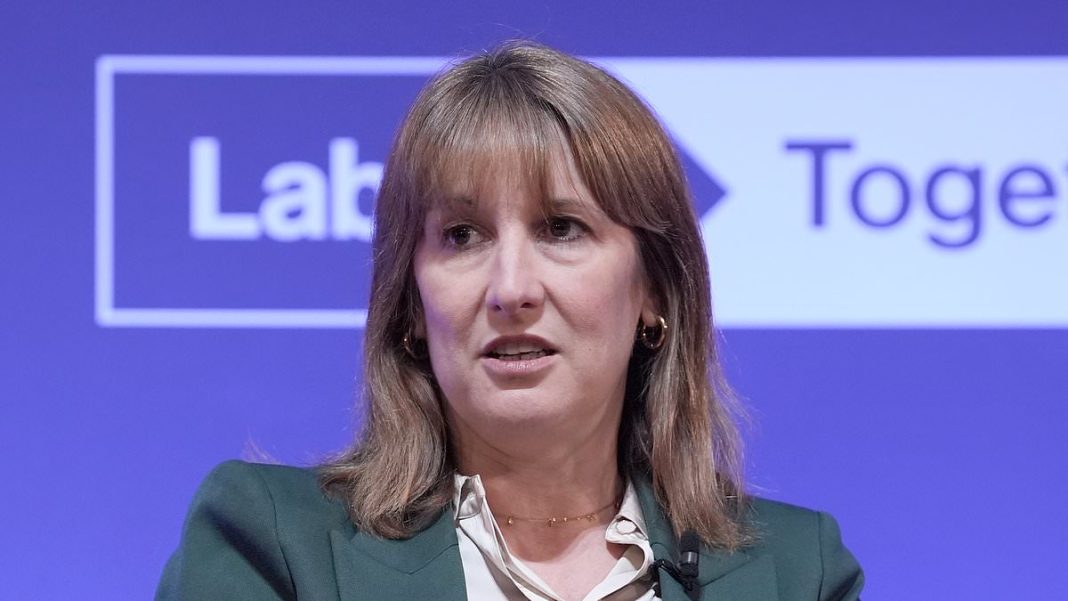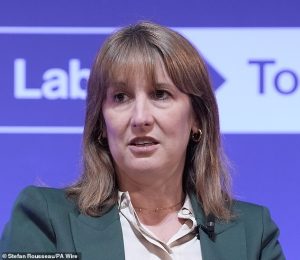Key Takeaways
- Chancellor Rachel Reeves plans a £2,000 annual cap on salary sacrifice pension contributions
- Experts warn this could lead to hiring freezes and reduced pay rises
- The move aims to raise £2 billion but may cost businesses significantly
Chancellor Rachel Reeves’ proposal to cap salary sacrifice pension schemes could trigger hiring freezes across UK businesses, financial experts have warned. The plan aims to raise up to £2 billion by limiting a key tax break that currently allows unlimited pension contributions without National Insurance costs.
What the Salary Sacrifice Cap Means
The government is considering a £2,000 annual limit on how much salary employees can sacrifice into workplace pensions without incurring National Insurance. Currently, there’s no cap on this arrangement, which benefits both workers saving for retirement and employers who avoid paying 15% National Insurance on sacrificed pay.
Gary Smith of wealth management firm Evelyn Partners called the potential move “another hefty blow to employers” still recovering from last year’s £25 billion payroll contribution increase. He added it “could well drive down pay rises, bonus pools and hiring at larger firms.”
Industry Concerns and Warnings
The Universities and Colleges Employers’ Association has formally requested a rethink, warning that a salary sacrifice ceiling could cost the higher education sector at least £50 million annually – equivalent to about 800 academic staff positions.
Raj Jethwa, the association’s chief executive, stated many members “are now very concerned” about the proposal. These calculations are based on the Universities Superannuation Scheme, Britain’s largest non-government pension fund.
Broader Economic Impact
About 30% of private sector workers and 10% of public sector employees currently use salary sacrifice schemes. Anna Leach, chief economist at the Institute of Directors, warned: “It’s going to add to the damage to the labour market and as a further tax increase on business will damage investment incentives.”
The Treasury maintained its standard position, with a spokesperson stating: “We do not comment on speculation around changes to tax outside of fiscal events.”





